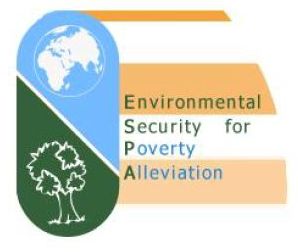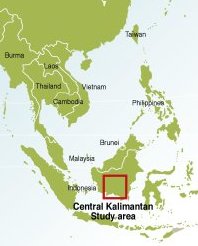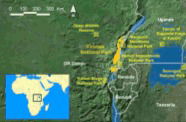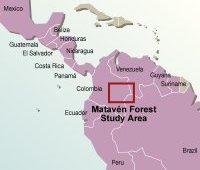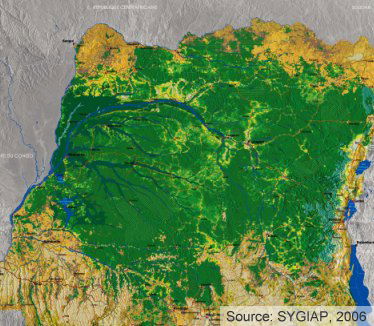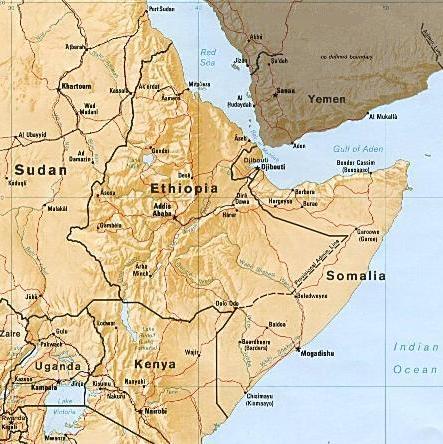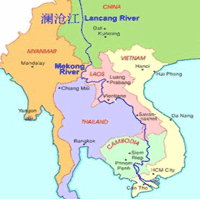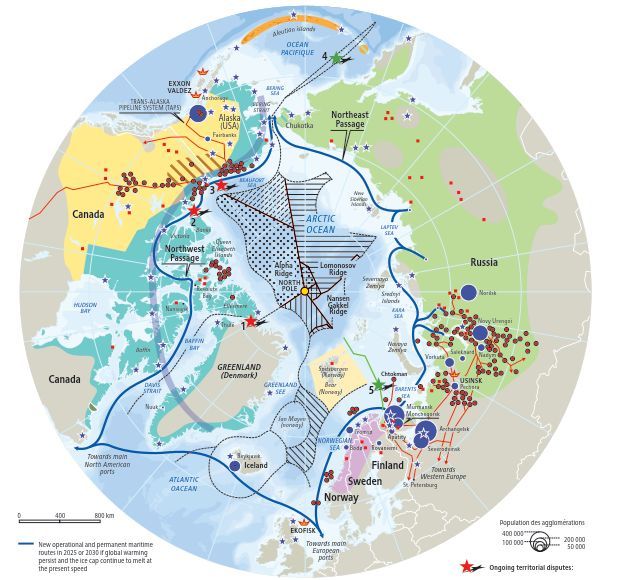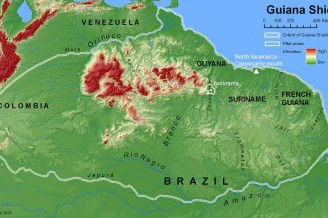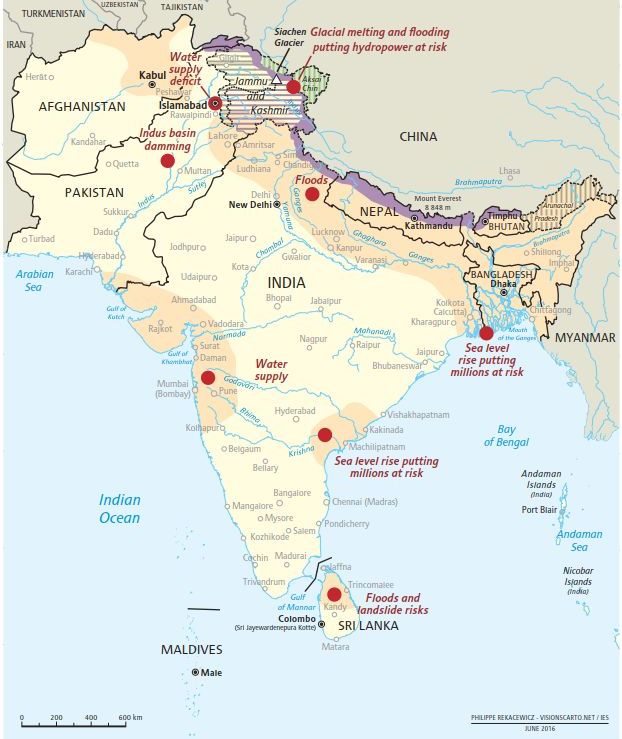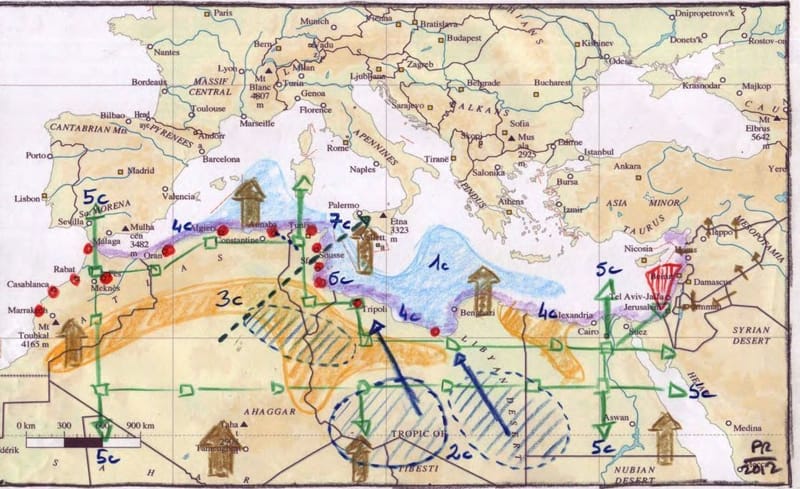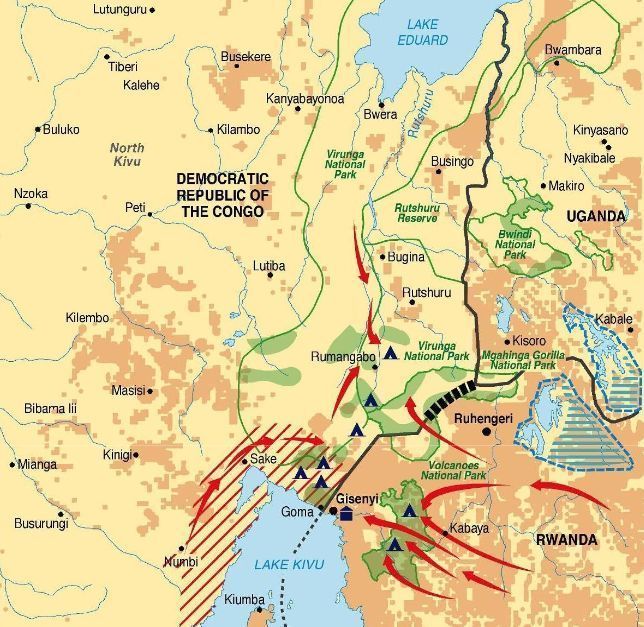Eco-regions
The aim of the ESPA programme, which ran from 2004 through 2010, was to create an array of practical decision tools, strategic maps and initial policy recommendations for decision makers in government, the private sector and NGOs on supporting people's livelihoods that depend on globally significant ecosystems. Other Eco-region projects have been carried out since 2011.
Read MoreThe Borneo peat swamp forest ecoregion offers a wide variety of environmental services and goods, for instance, fresh water storage, flood prevention, livelihoods for communities and is also considered to be one of the most species rich in the region. With rampant natural resource overexploitation, such as, inappropriate land use policies; unequal rights for different groups of the population; illegal logging; peat drainage; runaway fires initiated to make way for big oil palm, plywood and pulp plantations, however, there has been an increase in environmental destruction, poverty, conflicts and violence.
Read MoreThe Great Lakes region in Africa is an area where tribal conflicts mix with the aftermath of the Rwandan genocide, power struggles in the Eastern part of the Democratic Republic of Congo, the control over land and valuable minerals, such as diamonds, tin, gold, coltan and the illegal trade in timber and protected species. The insecurity, caused by the presence of rebels, an ill-disciplined national Congolese army and a large number of displaced people, has dramatic humanitarian consequences.
Read MoreColombia is a country where (indigenous) communities are driven off their lands by guerrilla and paramilitary warfare and the cultivation or the eradication of illegal crops. Forest restoration and compensation for ecosystem services may help to decrease conflicts. The violence, the cultivation of illegal crops and their eradication by pesticides and fumigation lead to forest destruction and serious water pollution. The conflicts are now also spilling over into the neighbouring countries.
Read MoreThe Congo Basin forest is the second largest contiguous moist tropical forest in the world. It plays a key role in securing the livelihoods of millions of Central African citizens. The forest supplies vital regional and worldwide ecological services.
Read MoreIn the Horn of Africa, increasing scarcity and degradation of natural resources seriously threatens human well-being. The population in the region (Ethiopia, Eritrea, Sudan, Djibouti, Somalia, Kenya and Uganda) has increased fourfold in the past 50 years and continues to grow rapidly.
Read MoreThe environmental and closely related water and food security of Vietnam, a partner country of the Dutch government in terms of development cooperation, is highly dependent upon the management of the Mekong River Basin as a whole.
Read MoreCommunities in the Arctic are facing the challenge of unprecedented environmental change. On 8 December 2010 the Institute for Environmental Security, in collaboration with the European Space Agency, organised a workshop on 'The Future of Space Cooperation in the Arctic Region'. IES also co-organised Working Group 8: Arctic Security & Conflicting Interests at the 1st Planetary Security Conference in 2015.
Read MoreThe aim of Project Cobra was to find ways to integrate community solutions within policies addressing escalating social, economic and environmental crises, through accessible information and communication technologies.
Read MoreThe GMACCC / IES report recommends that the region’s leaders strengthen cooperation to reduce the potential for widespread human suffering and further instability.
Read MoreThe Mediterranean Region has been identified as one of the most vulnerable areas in terms of environment and security linkages. Due to its climatic and topographic features, as well as the cross-boundary dimension of the Mediterranean Basin, intermixed with cultural, political and economic diversity, the region represents an area that poses potential for social and political instability, with repercussions that also affect European countries.
Read MoreThis advocacy and learning project concerns the issue of energy use – with a focus on household fuel – in humanitarian crisis response situations.
Read More